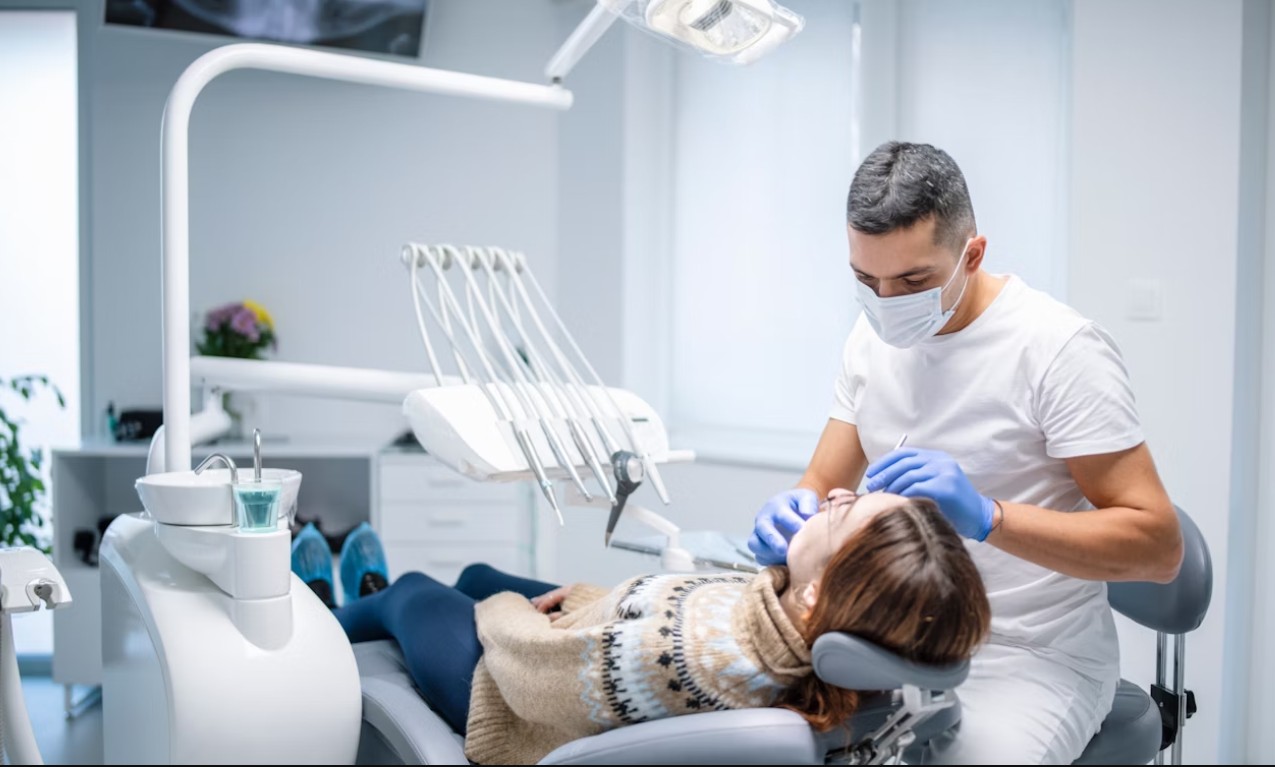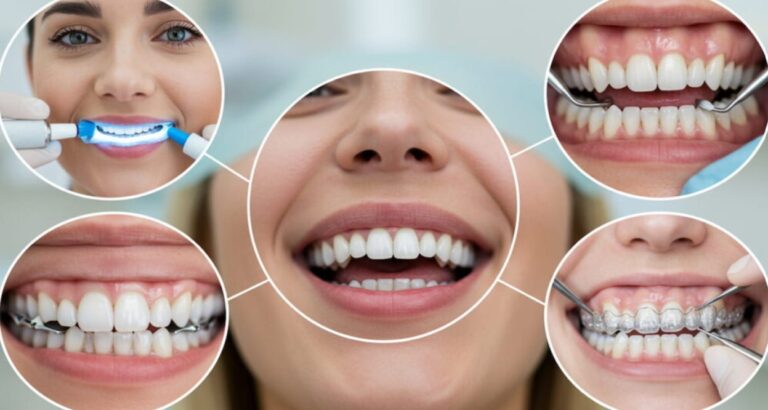
Taking care of your teeth at home can make your dental cleanings more effective. It’s not just about brushing and flossing. Your habits between visits to the dentist in Downtown Toronto can greatly impact your oral health. These simple, everyday practices help keep your teeth and gums healthy. Think of your oral care routine as a foundation that supports your professional cleanings. By maintaining good habits at home, you enable your dentist to focus on detailed care that goes beyond the basics. You can elevate your dental health with a few mindful actions and be rewarded with healthier teeth and gums. This approach also helps in preventing common dental problems, which can save you discomfort and time. You’ll also find that your cleanings become more comfortable. So, consider incorporating these four habits into your daily routine. They could make a noticeable difference during your next dental visit.
1. Brush Properly and Consistently
Brushing your teeth may seem basic, yet technique and timing are crucial. Use a soft-bristled toothbrush to protect your enamel. Brush twice daily, ensuring you cover all surfaces. By dedicating two minutes each session, you remove plaque effectively. Experts recommend holding the brush at a 45-degree angle to your gums. This technique reaches particles stuck below the gum line, where they can cause harm. Make sure your toothpaste contains fluoride. According to the Centers for Disease Control and Prevention, fluoride strengthens enamel and prevents cavities. Replace your toothbrush every three to four months, or sooner if the bristles fray.
2. Floss Every Day
Flossing complements your brushing routine. It removes food particles and plaque from areas a toothbrush cannot reach. Do this once a day, particularly before bedtime. Use about 18 inches of floss, winding it around your fingers. Slide it gently between your teeth. Curve it into a C shape against one tooth, then the other. This method reduces gum disease and tooth decay. If traditional floss is difficult to use, consider dental picks or water flossers. These alternatives can suit different needs and preferences effectively. Flossing might feel tedious at first, but it becomes quick and easy with practice.
3. Limit Sugary and Acidic Foods
The foods and drinks you consume play a critical role in your oral health. Sugary and acidic items can weaken enamel. Bacteria feed on sugar, producing acid that harms teeth. Beverages like sodas and fruit juices also contribute to this problem. If you enjoy sweet treats or acidic drinks, try to have them with meals. This habit helps neutralize acids. Also, consume plenty of water to wash away residual sugars and acids. Chewing sugarless gum after meals stimulates saliva production, which protects teeth. Opt for a balanced diet rich in calcium and vitamins to maintain strong teeth and gums.
Also Read: Common Myths About Orthodontic Treatment Debunked
4. Regularly Inspect Your Mouth
Being aware of changes in your mouth can catch issues before they become serious. Look for signs of gum inflammation, such as redness or bleeding. Check for unusual spots or lesions. If you notice persistent pain or sensitivity, consult your dentist. Self-exams complement your regular dental visits by identifying potential problems early. Keeping track of changes helps you provide valuable information to your dentist. This proactive approach ensures that any issues are addressed swiftly, improving your overall oral health.
| Habit | Benefits |
|---|---|
| Proper Brushing | Removes plaque, keeps enamel strong |
| Daily Flossing | Prevents gum disease, reaches hidden areas |
| Limit Sugary Foods | Protects enamel from decay |
| Mouth Inspections | Catches early signs of dental issues |
Incorporate these habits into your daily routine for a healthier mouth. They enhance the effectiveness of your professional dental cleanings and contribute to a lifetime of good oral health. By taking charge of your dental care at home, you set the stage for a confident, healthy smile. Visit your dentist regularly to ensure your efforts are on track and to receive personalized advice tailored to your needs.








